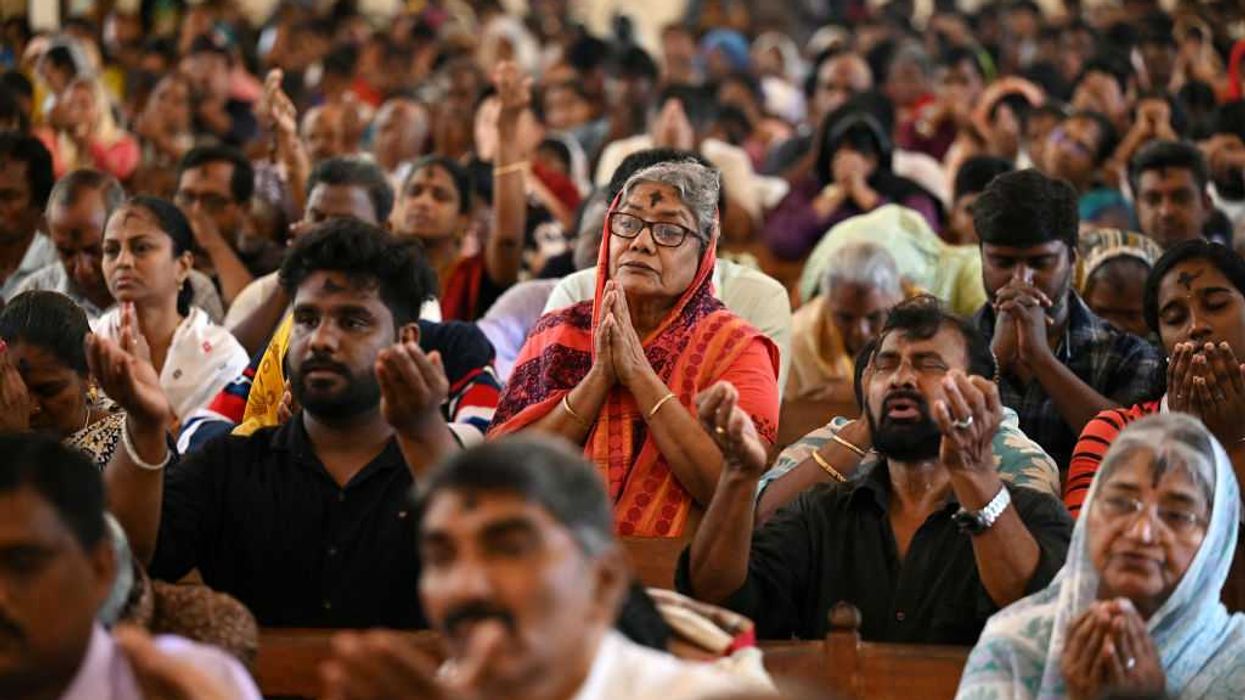
© 2025 Blaze Media LLC. All rights reserved.
" ... if the bubble really did burst, China could see its version of the Arab Spring."
 Screen grab
Screen grab
Some analysts say they’ll soon be “thriving metropolises,” while others say these experiments in central planning will lead to a massive housing crash.
But most everyone agrees on one thing: China’s infamous ghost cities are both mysterious and dreary.
“China has been trying to get a grip on its property market for some times now and some say officials are in control and have been deflating the housing bubble,” Business Insider notes. “However, the risks of the housing bubble evolving into a financial crisis appear to be high.”
So what’s the problem? Why are these cities abandoned?
Well, as noted elsewhere on TheBlaze, the problem is simple: The average Chinese citizen can’t afford to live in these areas. Really, it’s that simple.
Indeed, according to Also Sprach Analyst and author Christopher Pavese, the problem in China can be summed up in three words: Misallocation of capital.
“The Union of Soviet Socialist Republics (USSR) was a single-party state ruled by the Communist Party,” Pavese writes, explaining the similarities between China and the old Soviet Union.
“The state was structured under a highly-centralized government and a command economy, meaning both capital and resources could be mobilized quickly and proficiently,” he adds.
However, speed and agility don’t always translate into efficiency. It could mean hastily pumping massive amounts of capital into investments with short-term gain but long-term consequences. It could mean a housing boom followed by a debilitating crash.
Here’s some fascinating footage of Zhengzhou, named China's largest ghost city in 2010 by The Daily Mail, from a recent “60 Minutes” report on China’s housing bubble:
 Screen grab
Screen grab
 Screen grab
Screen grab
 Screen grab
Screen grab
As Vanke CEO Wang Shi told "60 Minutes," many of Zhengzhou's developers are in debt.
“Many have abandoned projects midway through because the money dried up. He warned that if the bubble really did burst, China could see its version of the Arab Spring,” Business Insider notes.
 Screen grab
Screen grab
Watch via CBS News:
Also, it's worth noting that China just enacted new measures to try to control its "white-hot housing market," as the Associated Press puts it, adding that the country "announced taxes on housing profits that will weigh on overall housing prices."
--
Follow Becket Adams (@BecketAdams) on Twitter
Featured image screen grab. This post has been updated.
Want to leave a tip?
We answer to you. Help keep our content free of advertisers and big tech censorship by leaving a tip today.
Want to join the conversation?
Already a subscriber?
more stories
Sign up for the Blaze newsletter
By signing up, you agree to our Privacy Policy and Terms of Use, and agree to receive content that may sometimes include advertisements. You may opt out at any time.
Related Content
© 2025 Blaze Media LLC. All rights reserved.
Get the stories that matter most delivered directly to your inbox.
By signing up, you agree to our Privacy Policy and Terms of Use, and agree to receive content that may sometimes include advertisements. You may opt out at any time.





